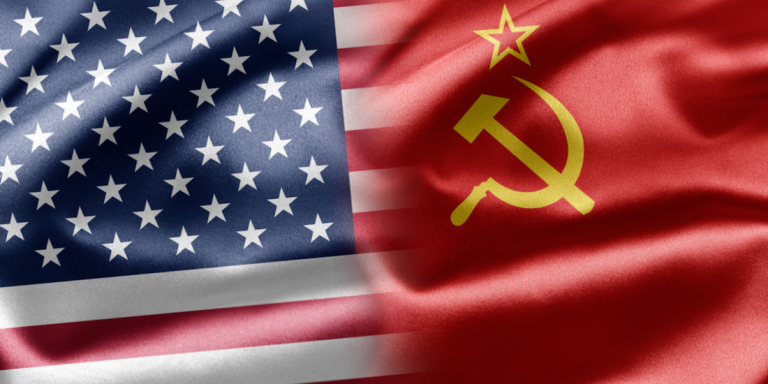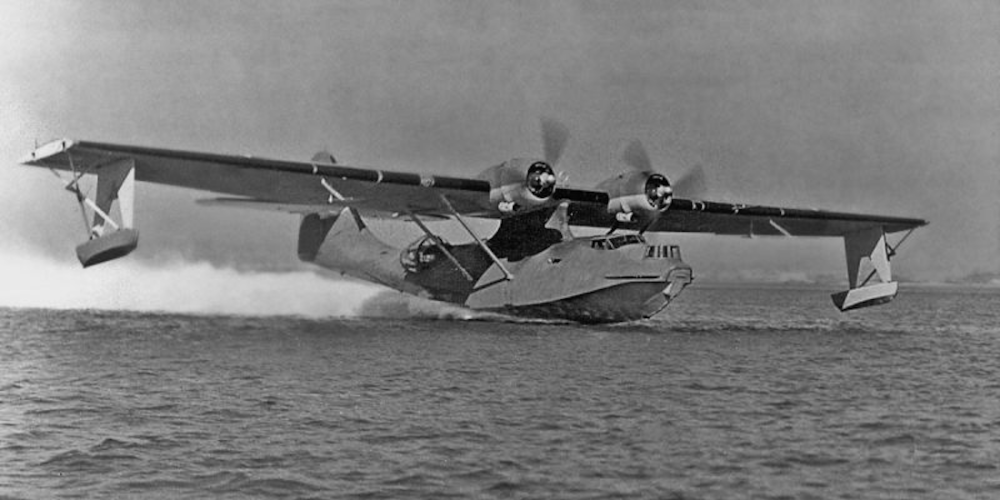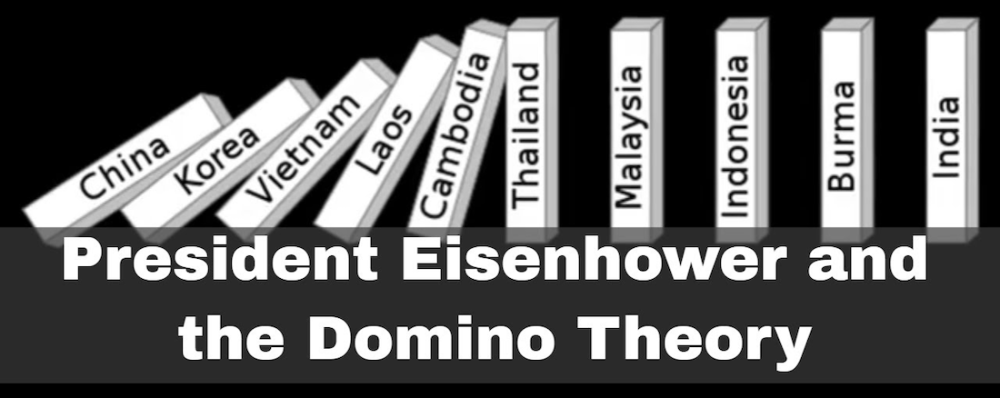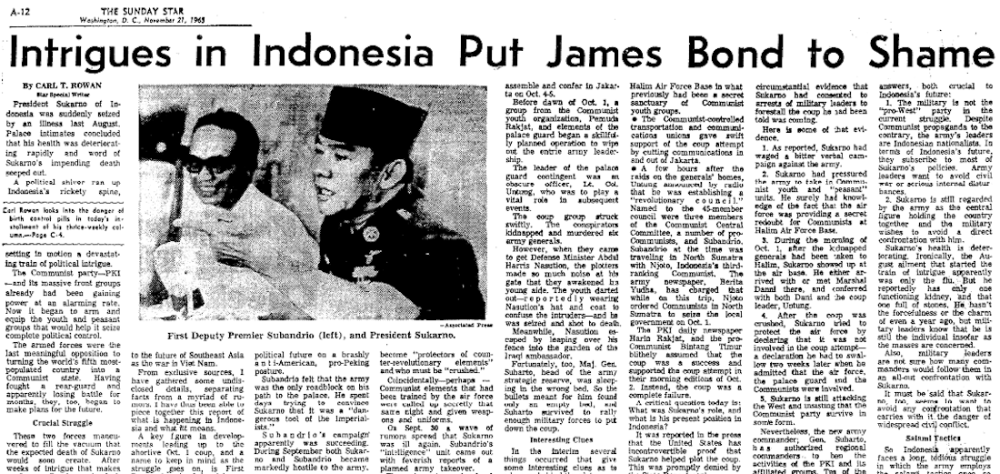
U.S. Cold War strategy faltered as covert support for Indonesian rebels exposed American ambitions and altered Southeast Asian geopolitics
New York, N.Y. — In the shadowy world of Cold War intrigue, the United States’ failed 1958 coup attempt in Indonesia stands as a cautionary tale of covert ambition, miscalculation, and unintended consequences.
Here we explore how the Central Intelligence Agency’s efforts to topple President Sukarno not only failed, but also reshaped the course of Indonesian and global history, leaving a legacy that reverberates through international relations to this day.

The Domino Theory and Indonesia’s Strategic Importance
During the 1950s, the U.S. viewed Southeast Asia through the lens of the “domino theory”—the belief that if one nation fell to communism, others would soon follow. Indonesia, a sprawling archipelago with immense natural resources and a pivotal location, became a focal point of this anxiety.
President Sukarno’s policy of “guided democracy” and his willingness to allow the
Indonesian Communist Party (PKI) a place in government alarmed Washington,
which feared the spread of Soviet and Chinese influence in the region.
By 1957, the Eisenhower Administration—fresh from perceived successes in Iran and Guatemala—authorized the CIA to support dissident military officers and regional leaders who opposed Sukarno’s central government. The hope was to engineer a regime change that would align Indonesia more closely with Western interests.

Covert Operations and the Road to Rebellion

The CIA’s intervention in Indonesia was ambitious and multifaceted. Operating primarily from bases in the Philippines and with logistical support from Singapore, Okinawa, and Taiwan, the agency supplied arms, funds, and even aircraft to rebel forces on the islands of Sumatra and Sulawesi.
The operation included psychological warfare, with CIA-financed radio stations broadcasting anti-Sukarno propaganda, and the recruitment of foreign pilots—later replaced by Americans—to fly bombing missions against government targets.
On February 9, 1958, Colonel Maludin Simbolon and other dissident officers issued an ultimatum demanding a new central government. When Sukarno refused, the rebels proclaimed the Revolutionary Government of the Republic of Indonesia (PRRI). The stage was set for a civil conflict that would draw in international actors and expose the limits of covert intervention.

The Unraveling: Exposure and Defeat
Despite the scale of the operation—at its peak, involving thousands of CIA-armed rebels and a fleet of bombers—the rebellion quickly faltered. Sukarno’s loyalist forces, led by General Abdul Haris Nasution, moved swiftly to suppress the uprising. By late February, government troops had bombed rebel radio stations and established naval blockades, cutting off supply lines and isolating the insurgents.
The turning point came on May 18, 1958, when American pilot Allen Pope was shot down and captured during a bombing run over eastern Indonesia.
Pope’s capture, along with documents tying him to the U.S. Air Force and the CIA, provided irrefutable evidence of American involvement. The incident made global headlines, forcing the Eisenhower Administration to curtail support for the rebels and triggering a rapid policy reversal in Washington.
Consequences and Cold War Lessons
The failed coup had far-reaching consequences. Instead of weakening the PKI Communist party of Indonesia, the exposure of U.S. intervention fueled nationalist sentiment and temporarily strengthened the communists’ position within Indonesia. The episode also damaged America’s reputation, providing the Soviet Union with propaganda ammunition and undermining U.S. credibility among non-aligned nations.
In the aftermath, the U.S. shifted its strategy, seeking rapprochement with Sukarno’s government and prioritizing stability over regime change. Yet the seeds of distrust and polarization sown by the failed coup would contribute to the bloody anti-communist purges of the mid-1960s, during which hundreds of thousands of Indonesians were killed.
The Legacy of a “Secret War”
The 1958 Indonesia coup attempt remains a stark example of the risks inherent in covert operations. It revealed the limits of American power, the unpredictability of local actors, and the dangers of underestimating nationalist sentiment. The episode also highlighted the ethical and strategic dilemmas faced by policymakers during the Cold War—a period when the line between security and overreach was often blurred.
Today, as declassified documents and scholarly research shed new light on the events of 1958, the lessons of Indonesia continue to inform debates about foreign intervention, intelligence operations, and the enduring complexities of international relations.
How the CIA’s 1958 Indonesia Coup Attempt Unraveled in Failure (July 8, 2025)
75-Word Audio Summary
In 1958, the U.S. Central Intelligence Agency orchestrated a covert operation to overthrow Indonesia’s President Sukarno, fearing communist influence. Supplying arms, funds, and pilots to rebellious military officers, the operation unraveled after the capture of American pilot Allen Pope exposed U.S. involvement. The failed coup not only strengthened Indonesian nationalism and the Communist Party, but also damaged America’s reputation and altered Cold War dynamics in Southeast Asia. The episode remains a powerful lesson in the limits of covert intervention.